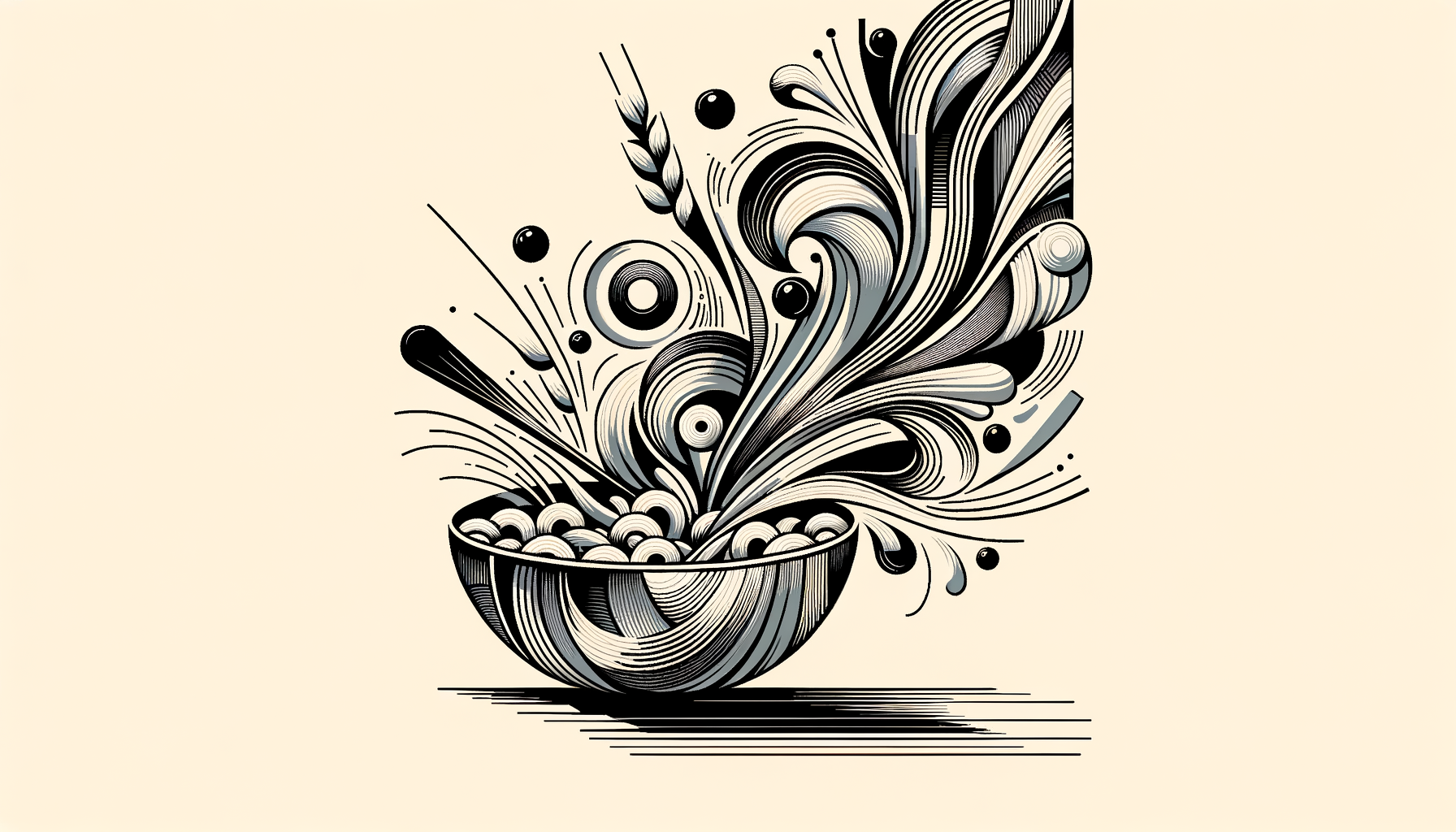What People Get Wrong About My Job
Let me get this out of the way: nobody thinks I actually have a “real job.” Seriously. I can almost see the flicker of pity (or confusion) in people’s eyes when I say the words "writer" or "staff writer." They picture me swaddled in a blanket on my couch, half-heartedly typing and spiraling into a deep internal abyss while eating cereal straight from the box. Romantic, right? Like I’m some kind of artistic cryptid fueled entirely by existential crises and oat milk.
And while there may occasionally be a blanket or an odd breakfast choice, the truth about what I do—and probably what most writers in the dating and relationships space do—is far less tortured and far more nuanced. Here's what people get wrong about my job, and what it actually looks like from my side of the screen.
Myths About Being a Writer
Myth 1: Writers Don’t “Work” Work
I remember casually mentioning to my parents once that I was on deadline, and my dad responded with, “Yeah, but you could just watch a movie and write about it later, right?” The man meant well, but no, Dad, it’s not like I’m doodling stories on napkins between Netflix binges.
What people don’t see is the research, the multiple rounds of edits, and those moments of staring blankly at my laptop because every single phrase I wrote in the last ten minutes sounds as compelling as wet cardboard. Writing is work in every sense—it’s just that the product is words, not widgets.
And in the dating and relationships niche, it’s not just about slapping together “10 Tips for Flirting Like a Pro” and calling it a day. Think of every article like a recipe. I need to test the ideas, boil them down, and tweak the ingredients to strike the perfect balance between useful and entertaining. You wouldn’t eat raw cookie dough and call it a finished dessert (at least, you shouldn’t), and you wouldn’t read a half-baked column on connection and call it inspiring.
Myth 2: All We Do Is Give Advice
Ah, the irony. People in my life constantly expect me to have the answers to their romantic woes—like I’m a human equivalent of their therapist, Reddit relationship thread, and Ryan Gosling in Crazy, Stupid, Love, all rolled into one.
“Dan, how do you deal with dating someone who doesn’t like brunch?”
“Dan, how can I tell if they’re ghosting me or just bad at texting?”
“Dan, is ‘Let’s split dessert’ a red flag?”
Here’s the thing: writing about relationships doesn’t make me an oracle (for the record, yes, splitting dessert is definitely a vibe check). What I do is less about preaching a one-size-fits-all approach and more about doing the investigative legwork. I research attachment theory. I talk to people about vulnerability and their most awkward date stories. I stumble through my own love life and unwillingly collect valuable lessons like it’s Pokémon Go circa 2016.
If my job were only about handing out magic-bullet solutions, my columns would be boring as heck. The real work is in relating and reflecting, not prescribing.
What Writing About Relationships is Actually Like
Section 1: The Fine Line Between Playful and Profound
Writing for this publication feels like throwing a dinner party where the conversation ranges from laugh-out-loud storytelling to those hushed, soulful confessions that make you reconsider your entire outlook on love. Striking that balance isn’t accidental.
People think writing about dating means overloading on saucy clichés and clickbait headlines like, “Should You Text Him First? (Spoiler: Probably Not).” But in reality, a lot of this job is dedicated to finding where humor ends and humanity begins. Sure, we’ll riff on awkward first kisses, but then we’ll pivot to why people are scared of vulnerability in the first place.
In way, it’s a lot like flirting—a push-pull dynamic of light-hearted charm and emotional sincerity. The ultimate goal? To show people that connection isn’t just achievable, but also joyful when it’s built on authenticity.
Section 2: The Invisible Hours
What you read in five minutes might have taken me five hours (and at least two cups of coffee)—and that’s just during my good days. Have you ever tried writing about heartbreak while resisting the urge to make hackneyed Taylor Swift references? That’s the Herculean task I tackle regularly.
Articles don’t just materialize out of thin air. They start with brainstorming sessions, often littered with half-baked ideas like “Why Everyone Hates Candlelit Dinners but Pretends Not To” or “The Flirting Science of Sharing Fries.” Then there’s the outlining, the drafting, the occasional self-doubt break (cue pacing around my apartment and diagnosing myself with imposter syndrome), and the polishing.
My first draft always has sentences like: “Your ex was probably just as confused about the breakup as you were—but also maybe a little evil, like 10%.” Second draft: “Breakups are rarely one-sided; often, confusion reigns for both parties.” By the time you read the article, however, I’ve hopefully found something smarter and more relatable than either of those.
Section 3: Reality Inspires Art More Than You Think
By far the weirdest thing about writing in this space is that every bad date, confusing text, or accidentally deep chat with a stranger at a party could wind up in an article someday.
Take the time my work friends convinced me to speed-date at a brewery. (For the record, I bombed. Turns out flannel shirts and craft beer trivia aren’t a universal love language.) That night taught me two things: (1) the importance of embracing vulnerability, and (2) if you talk too excitedly about The Tragically Hip, someone will lose interest. But weeks later, that same experience became the intro to a piece about rejection. Inspiration is everywhere, you just have to know where to look—or be willing to survive mortification in public places.
The Takeaway
So, here’s the truth: my job is part passion, part puzzle, part performance art. It’s not all deadline stress and caffeine highs, and it’s definitely not advice-giving on autopilot. Writing about dating and relationships is about showing up for humanity in all its glorious, messy forms.
For those of us who sit behind laptops, trying to put the mess of modern love into words, the real challenge is the same one you face when trying to connect with someone new: it’s all about authenticity. Whether it’s on a first date or in a column, the goal isn’t perfection—it’s honesty.
Now, if you’ll excuse me, I’ve got to finish editing this piece before my editor emails me. Again. (And maybe pour myself some cereal... but this time, in a bowl.)




















